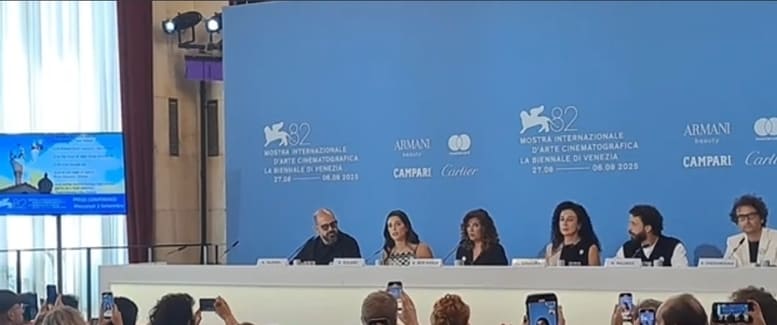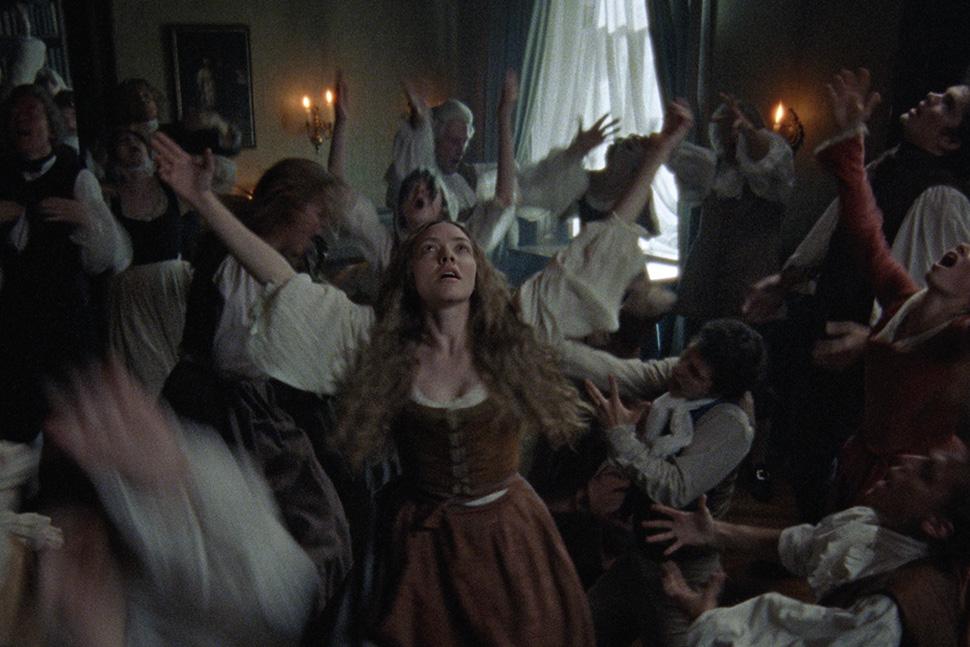Venice Film Festival 2025: Review of tv series The Monster of Florence
Discover The Monster of Florence the TV series screening out of competition at the Venice Film Festival
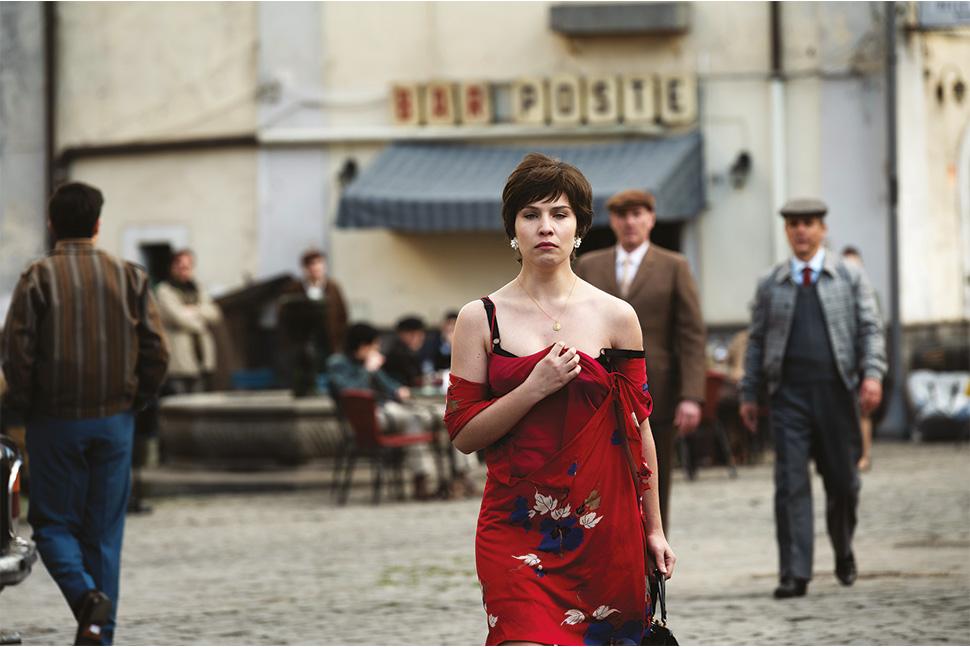
Francesco Vinti (Giacomo Fadda), Stefano Mele (Marco Bullitta), Giovanni Mele (Antonio Tintis). All separate names, yet united by some of Italy's most voyeuristic crimes: they are the ones connected to the murders of the Monster of Florence, chronicled in the series "The Monster," directed by Stefano Sollima.
In 1968, the first is the lover of Stefano Mele's wife, Barbara (Francesca Olia), a man subjugated by his roots: Mele – through sheer passivity – allowed his wife to be with Vinti and his brother. Mele would bring breakfast to Vinti and his wife each morning as they slept in his bedroom. When Vinti becomes jealous of the woman's new relationship, he convinces Mele to murder her and her new lover: while Barbara is making love in the Florentine countryside with her lover – with their young son asleep in the back seat – he kills them with a barrage of bullets, then hands the gun to Mele so he can take the blame for the murder. Mele accepts, because otherwise Vinti would kill his son.
Years pass, and Mele serves his sentence: upon release from prison, it becomes clear he cannot be the Monster of Florence, as another couple has been murdered in a car. The detective (Liliana Bottone) struggles to piece together the puzzle, shattered by lies. Especially now that Stefano Mele accuses Vinti of forcing him to lie, and his brother Giovanni is under investigation: the man, while taking a woman out to dinner, leads her to the scene of the Monster's crimes, describing in meticulous detail how the murders took place. Sollima leads us with painstaking precision through the various phases of the eight murders committed between 1968 and 1985.
What
emerges is an atavistic Italy, bound to almost ancestral traditions: when
Stefano Mele married Barbara, his father wanted to abuse her because
"these are the family rules." While Barbara aspired to
freedom, her mother-in-law forced her to stay at home. In the first episodes,
the various facets of the case emerge with vehemence, a case that remained
complex even after Pietro Pacciani's conviction: he himself was acquitted in
the second degree of judgment. Responsibility was established only for the
first murder in 1968, while the subsequent killings between 1974 and 1985
remained without conclusion, despite the trials against Pietro Pacciani, Mario
Vanni, and Giancarlo Lotti. A series seemingly unresolved but actually complex
to fit into place: just like the crimes themselves, which marked a new
phenomenon, different from past crimes, where seriality was not so pronounced
and the modus operandi not so intricate.
© All rights reserved
You Might Be Interested
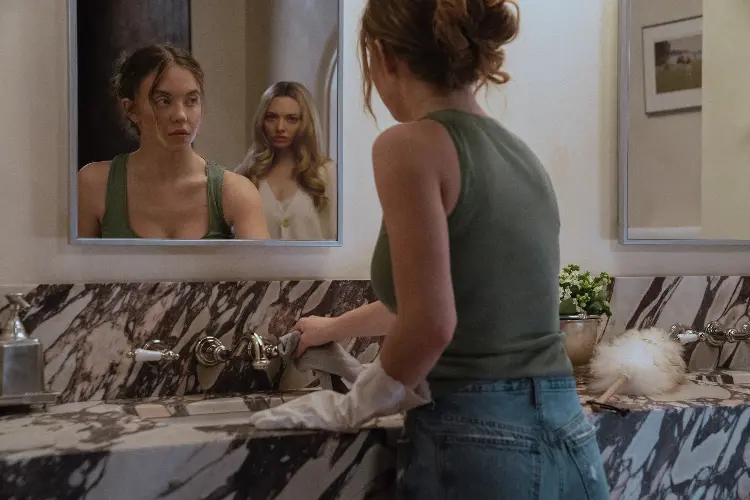
Review of The Housemaid: Sydney Sweeney stars in new thriller
The Housemaid boasts shocking twists under a poker face, but shows its’ cards too early

Avatar: Fire and Ash review: James Cameron is back for box-office blood
The Oscar-winning filmmaker’s latest wrestles between mesmerizing optics and deep storytelling, tiring itself out.
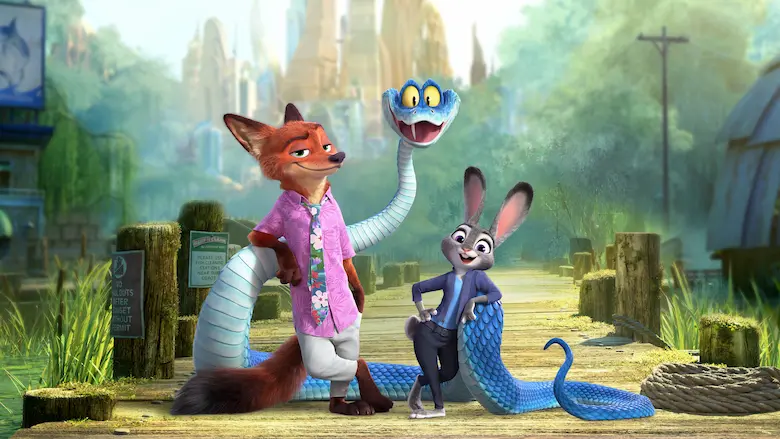
Zootopia 2 review: Disney Animation’s sequel pushes visual boundaries
Proving the first film was no one-trick pony, Disney grabs the bull by the horns for a second amusing animal adventure
-Bufo-(credit)-Max-Smeds.jpg)
Review of Shadowland, the documentary about Richard Stanley
Directed by Otso Tiainen, in competition at the Torino Film Festival
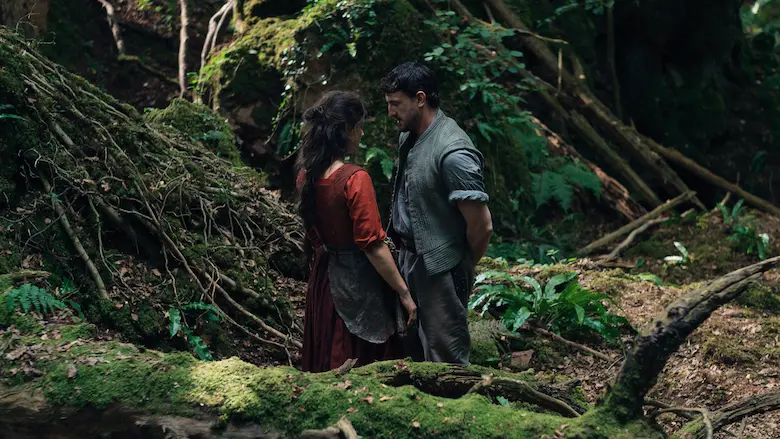
Hamnet review: Metamorphosis in the life of Shakespeare, with Paul Mescal, Jessie Buckley
To be or not to be; director Chloé Zhao answers yes with the story that conceived Shakespeare's seminal Hamlet

Movie review Running Man
The film is a remake of the 1980s cult classic starring Schwarzenegger.
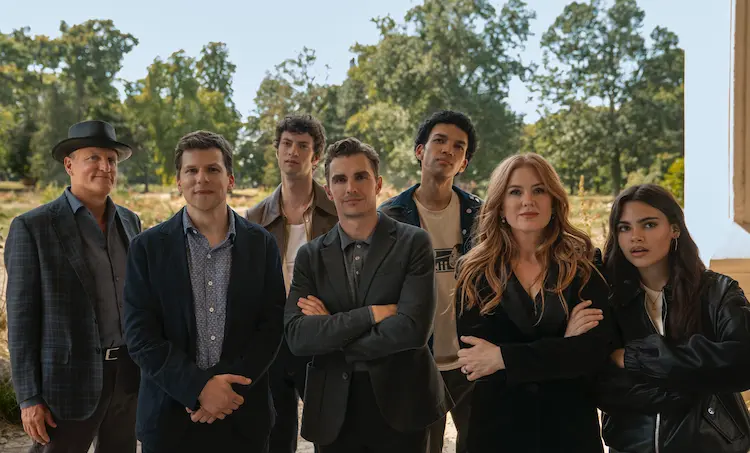
Now You See Me: Now You Don’t; The series’ latest struggles to spellbind
The next stage of the magical mavericks leans on humdrum hocus-pocus to pull Rabbit out a hat at the box-office
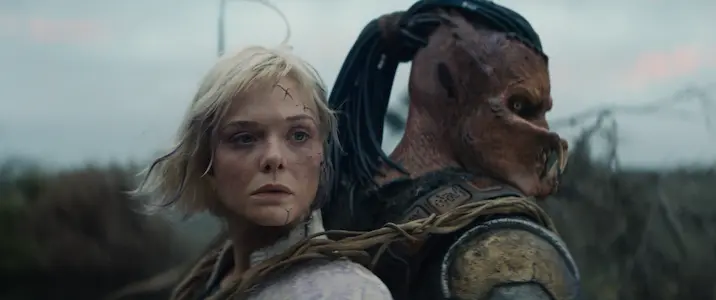
Predator: Badlands reshapes the genre classic in the new movie
A new angle on the unearthly huntsman hopes audiences “Get to the choppa!” and take it straight to the theatre

